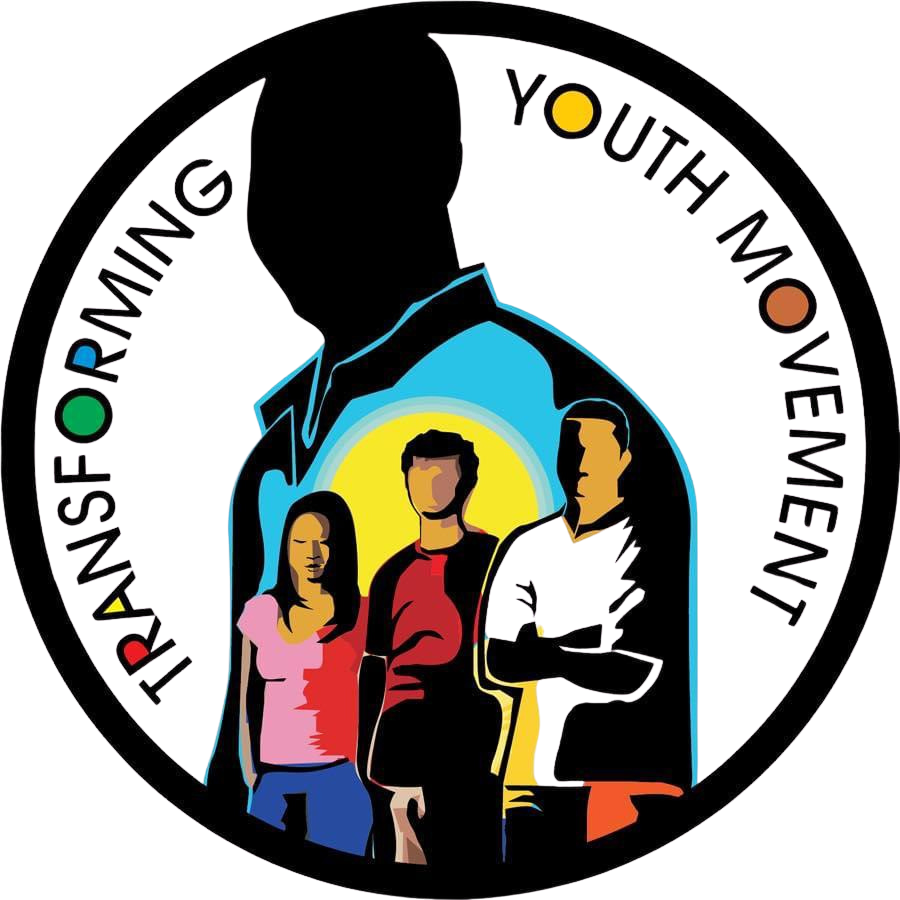II. Objectives of the Teen Court Program
TO PROVIDE AN ALTERNATIVE TO JUVENILE COURT FOR YOUTH OFFENDERS
TO PROVIDE A TIMELY RESPONSE TO INAPPROPRIATE BEHAVIOR AND MINOR VIOLATIONS OF THE LAW
TO PROMOTE ACCOUNTABILITY AND RESPONSIBILITY TO REDUCE SUBSEQUENT INVOLVEMENT IN DELINQUENT OR UNDISCIPLINEDBEHAVIOR TO FACILITATE PEER MENTORING
III. Target Population & Program Description
Union County Teen Court operates as a community resource for the diversion of juveniles ages 6-17 pursuant to N.C. Gen. Statute 7B-1706. The adult judge/peer jury model uses restorative practices to promote accountability, responsibility and the reparation of harm.
Teen Court also operates as a resource to court services, school resource officers and local law enforcement.
Teen Court will offer youth, who are not part of the criminal justice system, a chance to participate in the decision-making process for stopping juvenile delinquency and improving the juvenile justice system.
IV. Eligibility Criteria
Serious school problems will be addressed by intervening prior to or early in juveniles' involvement with the juvenile justice system.
In 2018-2019, 61% of total DJJ complaints in Union County were school based, as opposed to the State
average of 45% for that same period. Union County's rate indicates the potential value the
Teen Court program would have in addressing school- and community-based infractions without
juvenile justice involvement. Research demonstrates that early interventions utilizing restorative practices can significantly reduce the likelihood of recidivism.
V. Benefits for Participants
A better understanding of the juvenile justice system
A better understanding of recurring delinquency problems among juveniles
An intimate look at the judicial system
Exposure to careers in law/court related professions
Exposure to the serious consequences of juvenile delinquency
A meaningful role in helping restore the community
Offers juveniles the incentive of having no record of a criminal conviction
VI. Inclusive Sentencing Options
Letters of Apology
Curfew Counseling / (CRM /TYM)
Tutoring
Mandatory Community Service (10-20hrs)
Mandatory Jury Duty Essay
VII. Resources Secured
JUDGE OR ATTORNEY ACTING AS JUDGE
STUDENT JURORS, COURT CLERKS, BAILIFFS, INTERPRETERS
COURT ROOM
STAFF TRAINING




